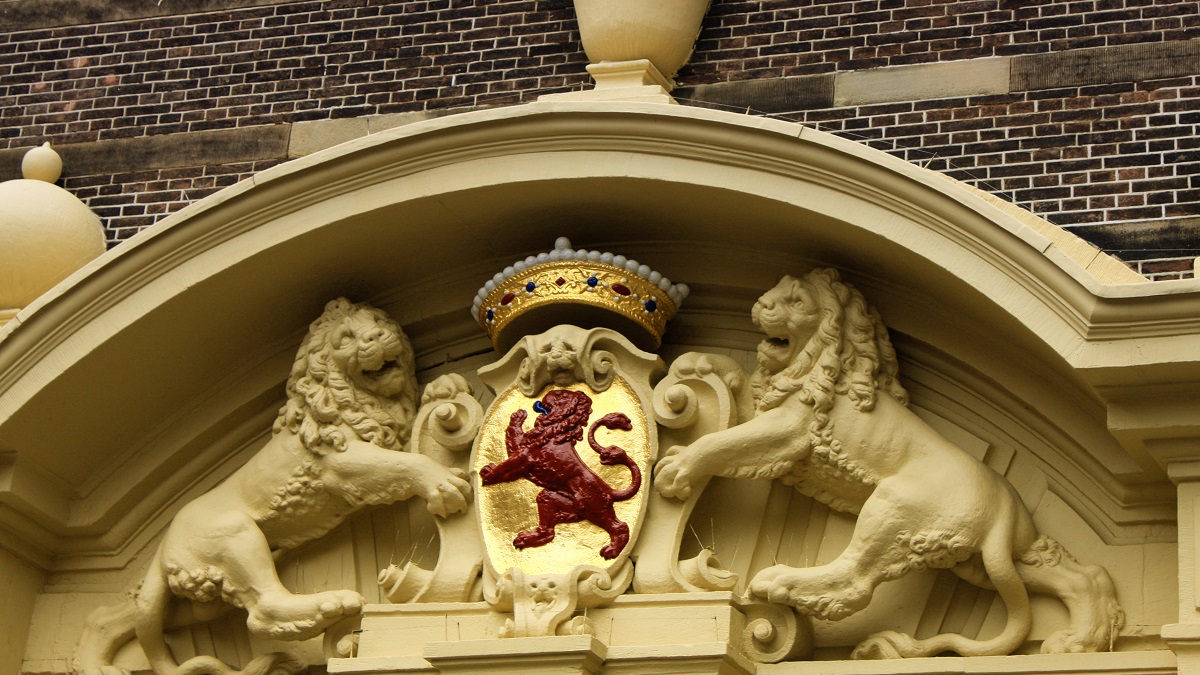Dutch gaming operators have expressed concern over plans by the new coalition government to increase the tax on gambling.
The coalition agreement between the PVV, VVD, NSC and BBB political parties includes a proposal to raise the gambling tax in the Netherlands from the current rate of 30.5 per cent to 37.8 per cent, bringing in an extra €202 million annually.
The proposal has sparked concern amongst the country’s licensed gambling operators, with the online gambling industry association NOGA warning that the move will lead to more illegal gambling, crime and addiction.
“The proposed increase in the tax rate by no less than 7.3 per cent endangers the viability of the legal Dutch gambling market. Recent reports from the Gaming Authority already show that channelization is under pressure, the growth of the gambling market is levelling off, and this growth is also lagging behind other European countries,” said NOGA director Peter-Paul de Goeij.
“The intention of the coalition parties will lead to an even further decline in the legal gambling supply. This is extremely risky, knowing that illegal parties do not pay taxes and are not bound to the duty of care as prescribed in Dutch legislation and regulations, and are already ostentatiously luring for the business of Dutch consumers.
“NOGA fears that the intended budgetary gain from this tax increase of €200 million will be in stark contrast to the significant social damage that will occur because Dutch consumers will increasingly resort to illegal providers, who do not pay taxes and can therefore compete more favourably for Dutch players.”
That sentiment was echoed by the land-based gaming industry association VAN Kansspelen, whose members are already suffering a decline in revenue because of the strict gambling regulations in the Netherlands, putting smaller operators at significant risk of closure.
“This is the opposite of the social security that people say they support for citizens – including, I assume, completely legal, bona fide SME entrepreneurs. Nor does it have anything to do with good or even proper governance,” said VAN chairman Henry Meijdam.
“It is completely socially irresponsible, because it will inevitably lead to major problems and costs regarding safety and care. To deal with a relatively small financial gap on paper, this would simply mean removing a supporting pillar of gambling policy.”
